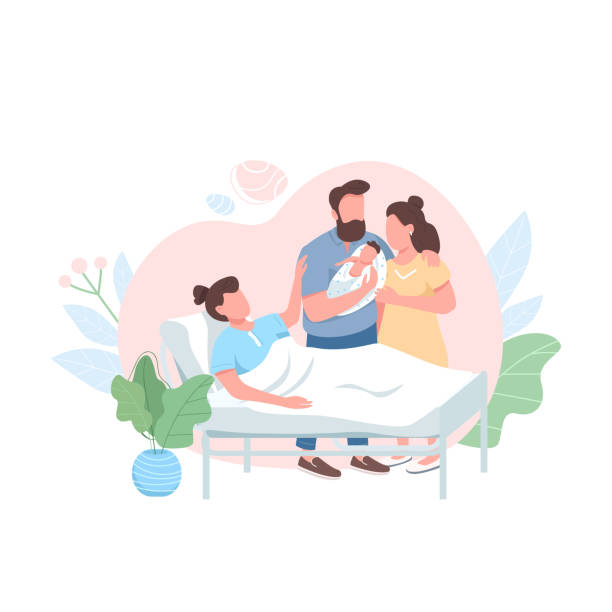Nithyakalyani Narayanan. V
The Central government has amended the Surrogacy (Regulation) Rules, 2022, and announced that both gametes do not have to come from the intended spouse for couples (husband and wife) certified as having medical issues. This is a significant move for the surrogacy scene in India.
The Surrogacy Rules, namely Rule 7 and Form 2 (Consent of the Surrogate Mother and Agreement for Surrogacy), were modified on March 14, 2023, to prohibit the use of donor eggs in the gestational surrogacy of an intended couple.
A notice from the Ministry of Health and Family Welfare has now changed paragraph 1(d) to read as follows:
“(i) couple undergoing surrogacy must have both gamete from the intending couple. However, in case when the District Medical Board certifies that either husband or wife constituting the intending couple suffers from medical condition necessitating use of donor gamete then surrogacy using donor gamete is allowed subject to the condition that the child to be born through surrogacy must have atleast one gamete from the intending couple;
(ii) single woman (widow or divorcee) undergoing surrogacy must use self eggs and donor sperms to avail surrogacy procedure”.
As a result, donor gamete surrogacy will now be allowed provided the District Medical Board certifies that either the intended couple’s husband or wife has a medical condition requiring the use of a donor gamete. However, the need that at least one gamete originate from the intended pair still applies.
The 2023 amendment was notably contested before the Supreme Court last year by a woman who had a disorder known as Mayer-Rokitansky-Kuster-Hauser (MRKH) Syndrome, which prevented her from being able to reproduce. During the hearing, the Supreme Court noted that Rule 14(a) of the Surrogacy Rules was prima facie violated by insisting on the intended couple’s egg and sperm for gestational surrogacy.
Ultimately, by suspending the application of the amendment qua her, the Supreme Court let the petitioner-woman use donor eggs for surrogacy, leaving the wider question up for discussion. In addition to the fact that the lady could only become a parent by utilising donor eggs, it was mentioned that the pair had started the surrogacy process well in advance of the amendment.
The Delhi High Court noted in the same year that prohibiting the use of donor gametes prima facie violated a married infertile couple’s fundamental right to motherhood by preventing them from accessing legally and medically controlled procedures & services. The court was hearing a petition for the amendment at the time. Furthermore, it was argued that the revision created a fundamental incompatibility with the stated purposes of the Assisted Reproductive Technology (Regulation) Act, 2021, thereby making it obsolete. The embryo in this instance was created before the amendment. Indeed, in 2023, a second case addressing the same matter was submitted to the Bombay High Court, claiming that if donor gametes were prohibited, then individuals facing infertility-related difficulties would not be eligible to register for surrogacy.
Following its observations in cases of married women unable to conceive due to medical conditions, the Centre informed the Supreme Court Bench of Justices BV Nagarathna and Sanjay Karol during a hearing in January that an amendment to the Surrogacy Rules (including those barring the use of donor gametes) was under active reconsideration.
This most recent development takes place in the context of several legal disputes pertaining to Indian surrogacy legislation. Significant regulatory reforms have been made to the surrogacy landscape in an effort to protect the rights of all parties involved, including intending couples, surrogate moms, and the children born via surrogacy. But as the legal system evolved, there has been an increase in litigation as petitioners have prayed for exclusions based on unique situations and sought clarification on multiple provisions. There have also been constitutional challenges filed against a number of the sections of the Surrogacy (Regulation) Act, 2021, the Assisted Reproductive Technology (Regulation) Rules, 2022, and the Assisted Reproductive Technology (Regulation) Act, 2021.

